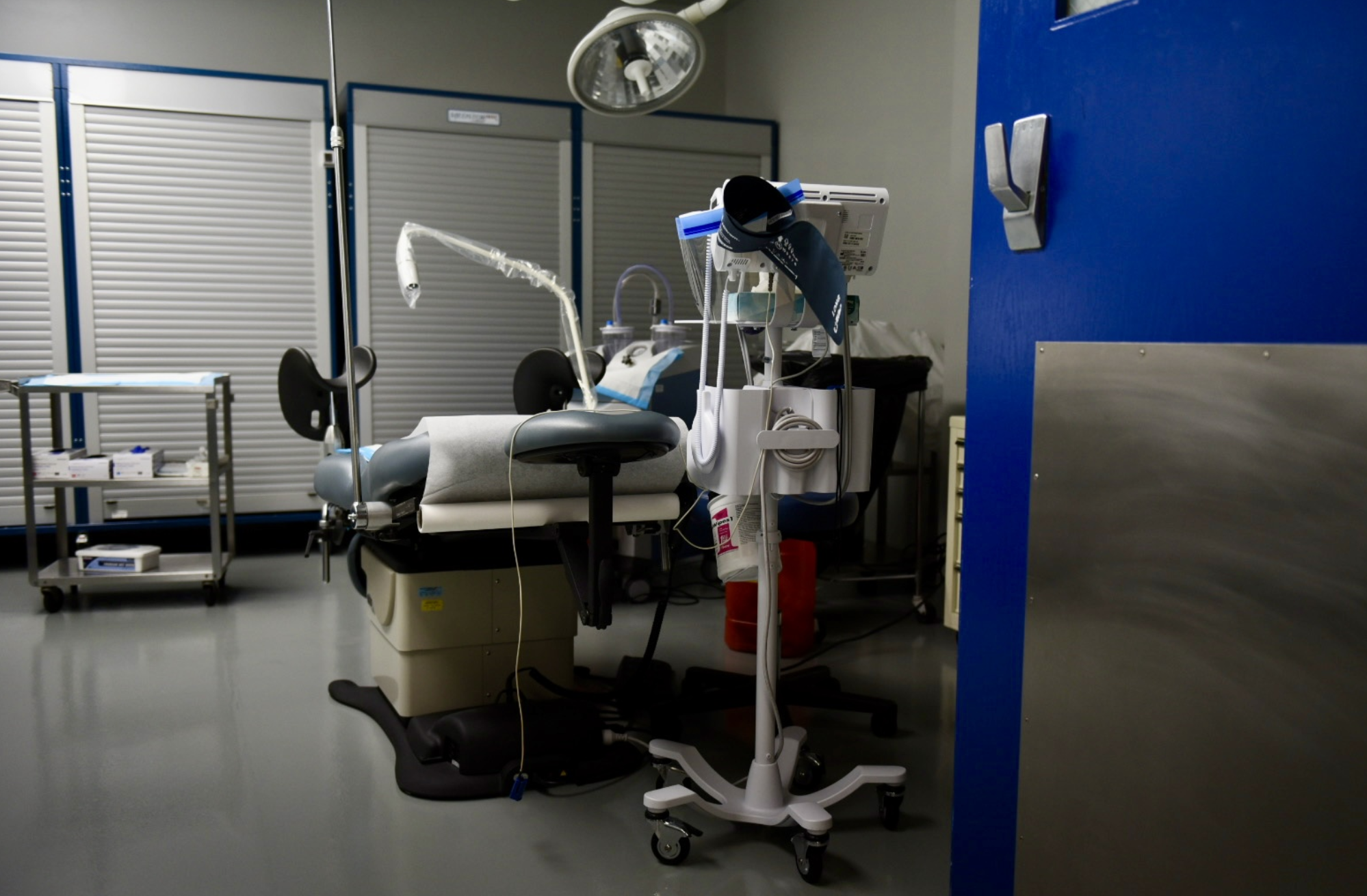
The proposed constitutional amendment set to go before voters next year would ban nearly all abortions, with limited exceptions for medical emergencies and survivors of sexual assault
BY: ANNA SPOERRE
Missouri Independent
After two revisions, a Cole County judge has approved the language for a proposed abortion ban that will go before voters in November 2026.
Circuit Judge Daniel Green ruled Tuesday that the latest language drafted by Missouri Secretary of State Denny Hoskins and approved by Attorney General Catherine Hanaway is now “fair and sufficient.” It was Hoskins’ second attempt to write a summary that will appear on the ballot, and the approved version still doesn’t specifically mention that most abortions would be banned.
The language approved Tuesday by Green states:
“Shall the Missouri Constitution be amended to:
- Guarantee women’s medical care for emergencies, ectopic pregnancies, and miscarriages;
- Ensure women’s safety during abortions;
- Ensure parental consent for minors;
- Repeal Article I, section 36, approved in 2024; allow abortions for medical emergencies, fetal anomalies, rape, and incest;
- and Prohibit sex-change procedures for children?”
Until this week, the fourth bullet was the sticking point for Green, who said that Hoskins had to be more explicit in stating that a current constitutional amendment would be repealed. The previous ballot language used the word “amend” rather than “repeal,” which Green called an “insufficient and unfair” characterization of the measure.
But attorneys representing abortion-rights organizations said even with the inclusion of the word “repeal,” the current language continues to be misleading, in part because it does not include the name of the amendment that would be repealed, instead assuming voters know that it’s a reference to “The Right to Reproductive Freedom Initiative.”
“The secretary’s new bullet point four also still implies that (the amendment) gives rights to Missourians for the first time,” attorneys Chuck Hatfield with Stinson LLP and Tori Schafer with the ACLU of Missouri, wrote in a court filing opposing the language on Monday. “Voters should not be made to believe that, for the first time, Missourians will have access to abortions in certain circumstances.”
The passage of the reproductive rights amendment, which was listed as Amendment 3 on the 2024 ballot, enshrined the right to abortion up to the point of fetal viability in the state constitution. This legalized broader access to abortion than Missourians had seen in years.
Before November 2024, almost all abortions were illegal in Missouri, with limited exceptions for medical emergencies.
The proposed new ban, which will also be listed as Amendment 3 on the 2026 ballot, would be slightly less restrictive than the near-total ban implemented in June 2022. It would allow abortions for survivors or rape or incest up to 12 weeks gestation, though it is not clear if or how a survivor would need to prove the assault in order to receive medical care.
Hoskins was tasked with rewriting the ballot language in keeping with a new law after Green determined the initial wording by lawmakers failed to alert voters that the amendment would ban most abortions.
Today’s decision confirms that our office is following the law and protecting the integrity of Missouri’s ballot,” Hoskins said in a statement Tuesday.
Hoskins was also responsible for writing the fair ballot statement that appears in polling places and on the office’s website that summarize what both a “yes” and “no” vote mean.
This approved fair ballot statement lays out that a “yes” vote would guarantee women’s medical care under specific scenarios, including ectopic pregnancies and miscarriages, and allow abortions in the first 12 weeks festation in cases of rape or incest. It would also ban gender-affirming health care for minors.
A “no” vote, Hoskins wrote, in part, would “limit abortion” to specific scenarios.
Attorneys for abortion-rights groups also took issue with this language, arguing in court filings Monday that it doesn’t make clear that “instead of enshrining a right for the first time,” the proposed amendment “reduces the protections currently existing in the constitution.”
The judge also weighed whether the inclusion of a ban on gender-affirming care for minors violates the constitution’s prohibition on ballot questions containing more than one subject. Critics say the provision targeting transgender care is nothing more than “ballot candy” designed to trick voters.
Green disagreed, giving the amendment approval for the ballot after concluding that abortion and gender-affirming health care were related enough to meet constitutional requirements for a single subject.








